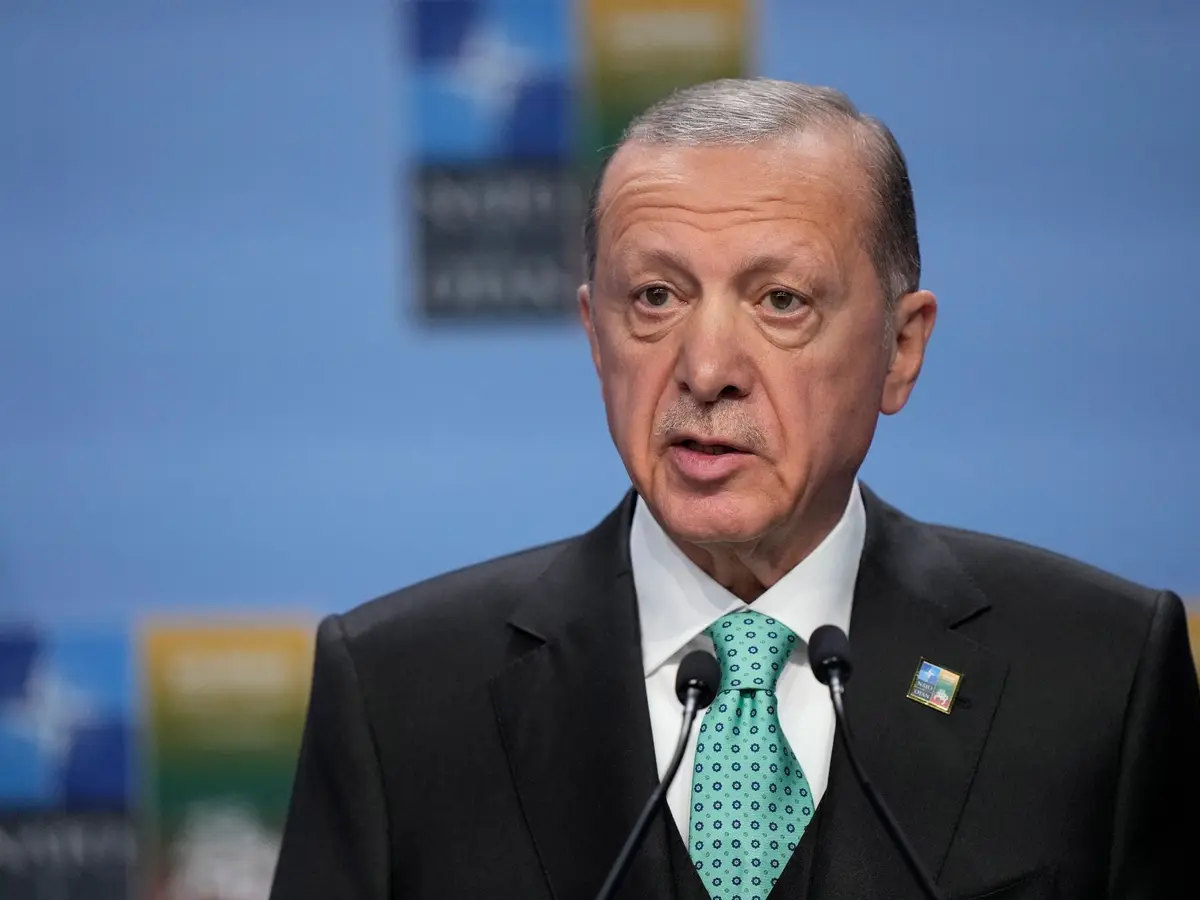Erdogan's Visit to Germany: A Challenging Endeavor
Despite Turkey's President Recep Tayyip Erdogan's anti-Israel stance, the German government has chosen to proceed with his planned visit, citing the necessity of dealing with difficult partners. Spokesperson Steffen Hebestreit stated this at the Federal Press Conference in Berlin, and Federal Chancellor Olaf Scholz is expected to reiterate Germany's unwavering support for Israel during their discussions with Erdogan.
Erdogan's visit, scheduled for Friday, will also include meetings with Federal President Frank-Walter Steinmeier. Following the terrorist attack on Israel with around 1200 fatalities, Erdogan dubbed Islamist Hamas as a "liberation organization" and ended communications with Israel's Prime Minister, Benjamin Netanyahu. Erdogan also criticized Israel's bombardment of the Gaza Strip, referring to it as "fascism."
The significance of Turkey's role in various issues cannot be ignored, Hebestreit acknowledged. However, he added that the visit would be "challenging" due to the ongoing conflicts and tensions between Turkey and Israel. This potential escalation is compounded by Erdogan's provocative remarks towards Israel.
Regional Conflicts and Diplomatic Dynamics
Ongoing conflicts between Israel and Hamas have implications for regional politics. Erdogan's stance on the conflict and opposition to further NATO cooperation with Israel have resulted in strained relations. Moreover, the war in Ukraine has influenced regional dynamics, with Turkey's role in securing peace emphasized by German leaders.
German-Turkish Relations
Germany and Turkey share long-standing economic and political ties. Chancellor Scholz has emphasized the need to improve relations between Turkey and the EU, despite stalled EU membership talks. Cooperation on migration issues, particularly with regards to the millions of Syrian refugees Turkey has hosted, is also crucial.
Implications of Erdogan's Visit
The visit could potentially enhance diplomatic efforts between Germany and Turkey on crucial issues such as security and migration. However, Erdogan's controversial statements towards Israel may complicate these efforts, potentially leading to increased scrutiny and backlash from other NATO member states. Domestically, the visit's reception could influence the upcoming German elections on February 23.
Potential Outcomes
Successful diplomatic efforts could lead to enhanced cooperation between Germany and Turkey, which could be essential in addressing regional challenges and stabilizing the Middle East. Conversely, if the visit is overshadowed by controversy, it could strain relations and have broader implications for EU-Turkey relations and NATO's stance on the Middle East conflict.








